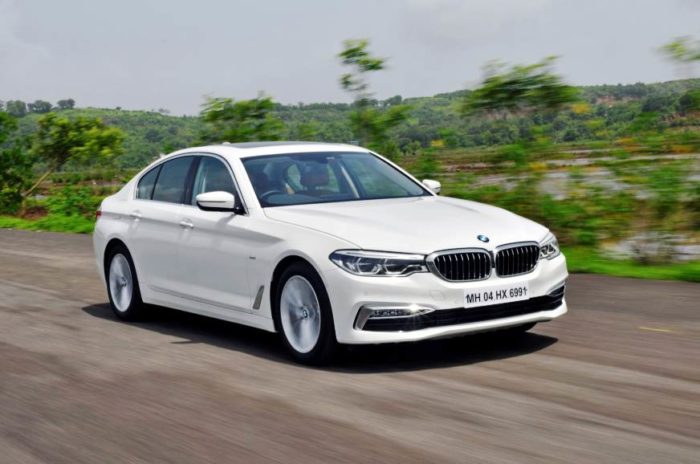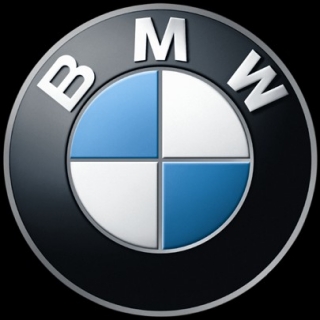Now Reading: BMW denies accusations of excessive emissions in road tests
-
01
BMW denies accusations of excessive emissions in road tests
BMW denies accusations of excessive emissions in road tests

BMW has rejected that engine management software turned off a system filtering nitrogen oxides (NOx) emissions in a few of its diesel vehicles after a German environmental group said that a 3-Series estate car in a series of road tests discharged quantities of NOx which were seven times above the legal limit.
The 2-litre, 320d car, that is designed to fulfill the recent Euro 6 standards on emissions, went beyond the statutory cap of 80 milligrammes of NOx per kilometer by an average of 2.6 times in 8 road tests as well as by 7.2 times when the vehicle’s speed was boosted by 10 percent, Deutsche Umwelthilfe (DUH) stated on Tuesday.
However, in a different set of static roller-bed tests also performed by the DUH in October, the results which were not independently confirmed, the same BMW vehicle’s NOx emissions stayed substantially below the 80 milligrammes per kilometer limit at regular speeds and when the speed was boosted by 10 percent, the group said.
“The results provide really clear indications of illegal defeat gadgets in the engine control software,” DUH managing director Juergen Resch informed. “The vehicle must provide for fully functional exhaust gas cleaning in all normal operating situations.”
The DUH’s findings were reported by ZDF’s program WISO and Tagesspiegel on Monday.
The world’s second biggest luxury automaker by sales denied any misconduct. It stated its vehicles abided by legal requirements and had not been manipulated, a position it has maintained since the beginning.
“There are no activities of technical arrangements to affect the test mode used to determine emissions – that indicates that our exhaust systems are active both on the test bed and in practice,” the group stated.
The automaker’s development chief, Klaus Froehlich, on Tuesday rejected the accusations as a campaign against BMW and stated the manufacturer would battle the allegations.
The DUH stated it has asked the German Transport Ministry and the KBA motor vehicle watchdog to evaluate the type approval for the BMW 320d model and issue an obligatory recall for affected models should its test results turn out to be appropriate.
The Transport Ministry could not be reached for comment and a spokesperson for the KBA motor transport regulator refused to comment.
Stay Informed With the Latest & Most Important News
Previous Post
Next Post
-
 01Polestar Boss Says It’s Time To Outrun BMW M And Mercedes-AMG
01Polestar Boss Says It’s Time To Outrun BMW M And Mercedes-AMG -
 02Spy Shots: 2027 Mitsubishi Pajero Spotted in Testing Ahead of Possible U.S. Return
02Spy Shots: 2027 Mitsubishi Pajero Spotted in Testing Ahead of Possible U.S. Return -
 03Spy Photos: VW ID. Polo GTI Goes Electric with 223 HP and 280 Miles of Range
03Spy Photos: VW ID. Polo GTI Goes Electric with 223 HP and 280 Miles of Range -
 042026 Toyota Hilux EV: A Powerful Truck with Silent Torque
042026 Toyota Hilux EV: A Powerful Truck with Silent Torque -
 05The Controversial Ford Voodoo V8 That Was Killed Off Too Early
05The Controversial Ford Voodoo V8 That Was Killed Off Too Early -
![2027 Mercedes-Benz S-Class Debuts with V8 Engine [Photo Gallery]](https://speedlux.com/wp-content/uploads/2026/01/2027-Mercedes-Benz-S-Class-33-155x125.jpg) 062027 Mercedes-Benz S-Class Debuts with V8 Engine [Photo Gallery]
062027 Mercedes-Benz S-Class Debuts with V8 Engine [Photo Gallery] -
 07Hyundai Palisade’s Breakout Year Shows How Quickly the Market Can Turn
07Hyundai Palisade’s Breakout Year Shows How Quickly the Market Can Turn


![2027 Mercedes-Benz S-Class Debuts with V8 Engine [Photo Gallery]](https://speedlux.com/wp-content/uploads/2026/01/2027-Mercedes-Benz-S-Class-33-700x394.jpg)












































